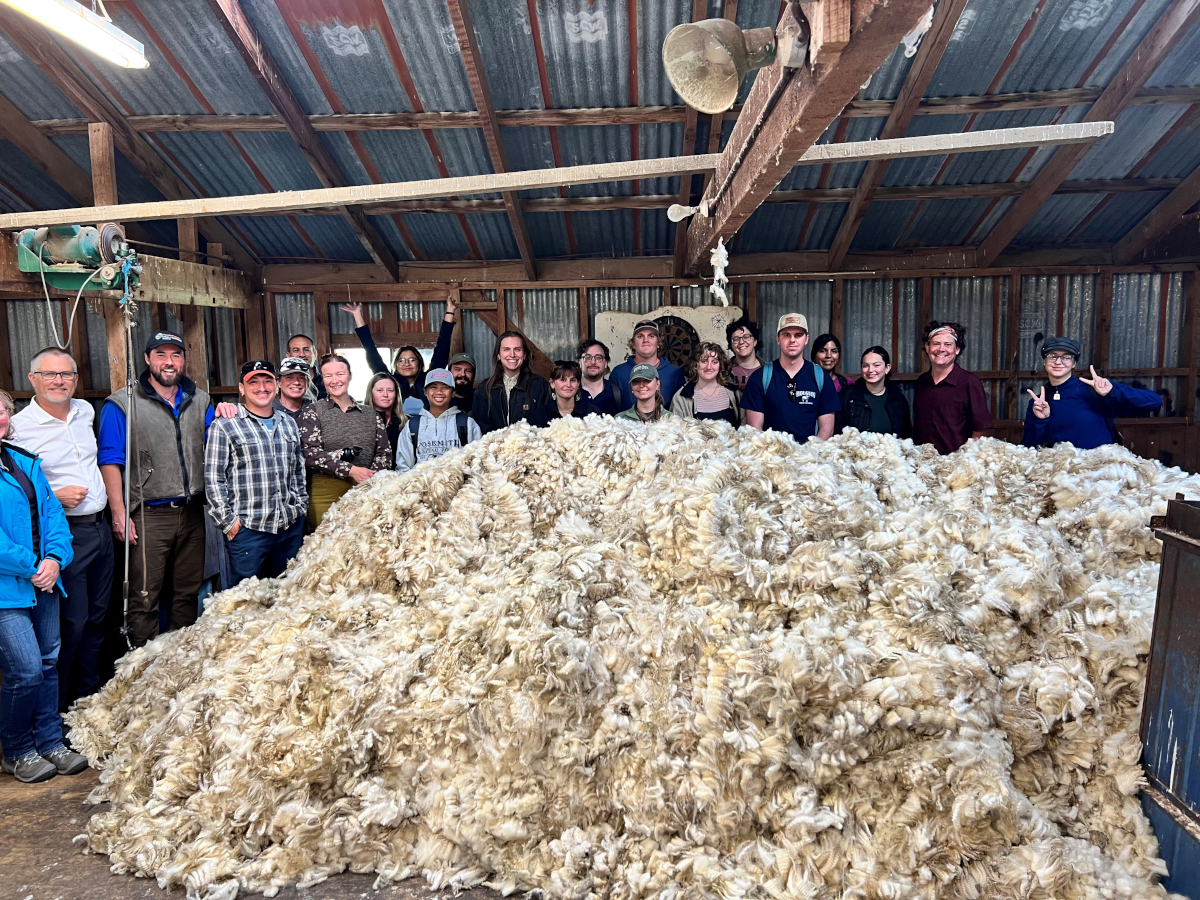Posted on behalf of Prof Derrick Moot
One of the interesting things of having students from different countries visit Lincoln University is hearing how their world views differ. The visit of the Oregon State students recently highlighted the pragmatic view of Americans. They were intrigued when I explained we are not allowed to grow genetically engineered (GE) crops. They wondered why we hadn’t followed the science? I explained that science operates within accepted public norms and, currently, the NZ public was not accepting GE. In contrast, our European visitors are often enamoured by the organic lobby and often stridently anti GE. One issue for organics is that countries have their own regulations. I explained to the Americans that NZ therefore has a multitude of regulations to understand, and individual growers target their growing/management practices to meet the export market they supply. Perhaps the most interesting contrast is the GE discussion. In the US, GE was introduced in 1996 and since then millions of kilograms less herbicide and insecticide have been sprayed on crops. Now over 90% of soy, maize, and cotton are GE, which is a remarkable adoption rate highlighting the technology works.
Despite this, Europe continues to promote organic production and legislates to prevent GE. The dilemma for Europeans is illustrated with canola – which is actually an acronym for Canadian oil low acid and is known as rapeseed elsewhere – originally bred by Canadian scientists for herbicide resistance in the 1970s. Subsequently, the US developed GE resistance to glyphosate and glufoinsate-ammonium (e.g. Buster). This has enabled the use of these low risk, broad spectrum chemicals, which break down quickly in the soil. That breakdown allows following crops to be planted in a timely manner. In contrast, Europe developed tolerance to imidazolinones using conventional breeding practices. This compound is slow to break down, which creates long plant back periods of between 4 months and 2 years and thus, upsets crop rotations and lowers yield potential. Yet both technologies require gene manipulation – GE being surgical insertion compared with the bomb blast of mutagenesis. From a rationale scientific basis there is no difference. However, Europe is so far down the anti GE pathway that it may never be able to adopt the technology for political reasons. To date, NZ has sided with the Europeans. Maybe next year visiting Oregonians will hear NZ has become more pragmatic and at least started a science driven debate on allowing GE technologies in. It would certainly revolutionize weed control in lucerne!
